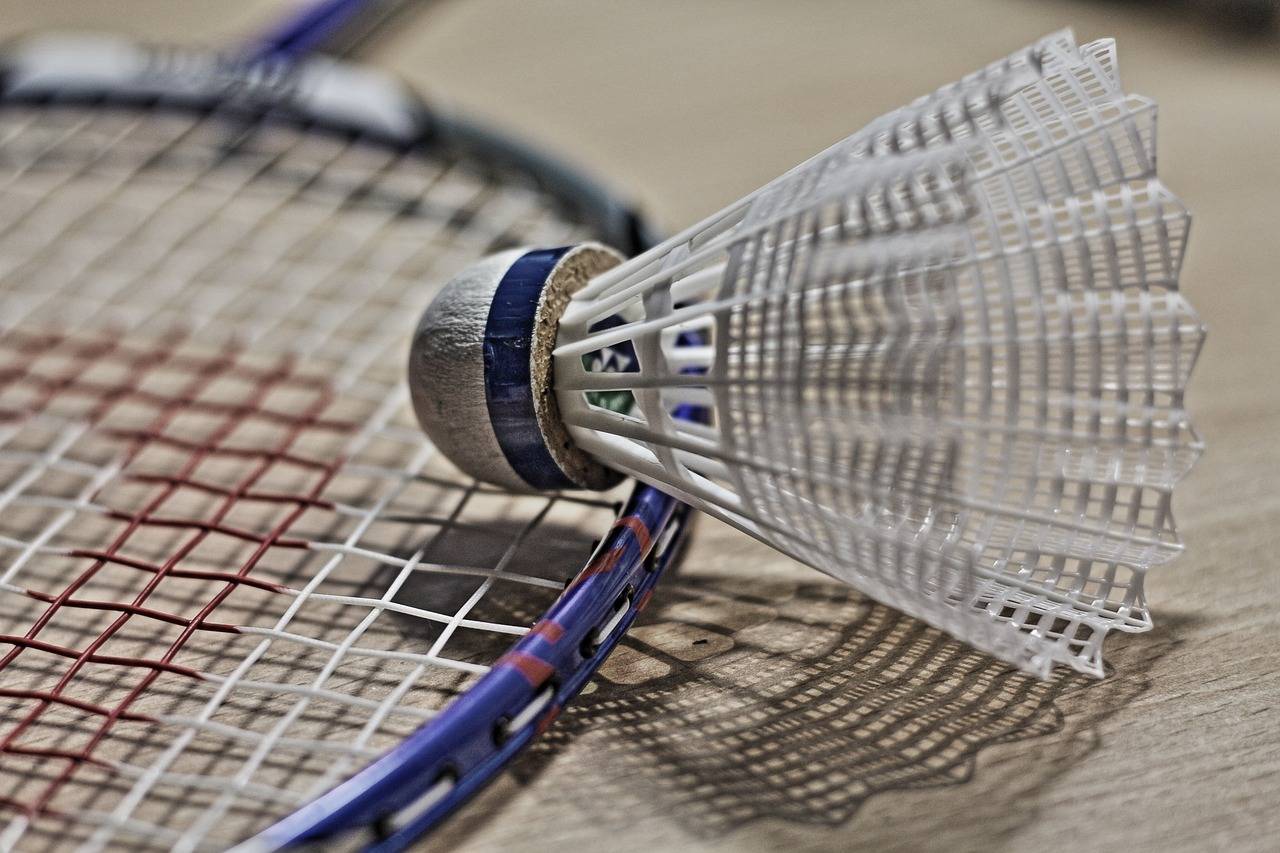The Role of Reflexology in Promoting Health
Reflexology is a popular alternative therapy that aims to promote relaxation, reduce stress, and alleviate various health issues. By applying pressure to specific points on the feet, hands, and ears, reflexologists believe they can stimulate the body’s natural healing processes. Many people who receive reflexology treatments report feeling more relaxed and experiencing a greater sense of overall well-being after their sessions.
In addition to promoting relaxation, reflexology is believed to have a positive impact on physical health. Some studies have suggested that reflexology may help reduce pain, improve circulation, and boost the immune system. By targeting key reflex points, reflexologists aim to address imbalances in the body and promote a sense of harmony and well-being.
Understanding the History and Origins of Reflexology
Reflexology, a form of alternative therapy, dates back to ancient civilizations, including the Chinese and Egyptians. It is based on the concept that specific points on the hands and feet are connected to different organs and systems in the body. This practice of applying pressure to these points to promote healing and relaxation has been passed down through generations and evolved into the reflexology we know today.
The modern-day version of reflexology as we know it was further developed in the early 20th century by physiotherapist Eunice Ingham. She mapped out specific reflex points on the feet and hands and developed techniques to address imbalances in the body through targeted pressure. Ingham’s work popularized reflexology in the Western world, leading to its widespread acceptance and adoption as a holistic therapy for promoting overall well-being and alleviating various health issues.
What are the benefits of reflexology on overall well-being?
Reflexology has been known to reduce stress and anxiety, improve circulation, promote relaxation, and enhance overall well-being. It can also help alleviate pain and discomfort in various parts of the body.
What is the history and origins of reflexology?
Reflexology is believed to have originated in ancient Egypt, China, and India. It has been practiced for thousands of years as a natural healing therapy that focuses on stimulating specific pressure points on the feet, hands, and ears to promote health and well-being.
How does reflexology work?
Reflexology is based on the concept that there are specific reflex points on the feet, hands, and ears that correspond to different organs and systems in the body. By applying pressure to these points, reflexologists believe they can stimulate the body’s natural healing mechanisms and promote balance and harmony within the body.
Is reflexology safe for everyone?
Reflexology is generally safe for most people, but it is always recommended to consult with a healthcare provider before trying any new therapy, especially if you have any underlying health conditions or concerns. Pregnant women should also consult with their healthcare provider before receiving reflexology treatments.
How often should I receive reflexology treatments?
The frequency of reflexology treatments can vary depending on individual needs and goals. Some people may benefit from weekly sessions, while others may only need monthly or occasional treatments to maintain their well-being. It is best to discuss with your reflexologist to determine a treatment plan that works best for you.





